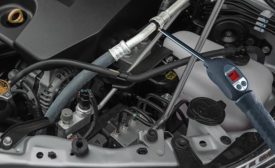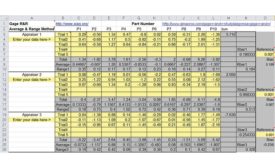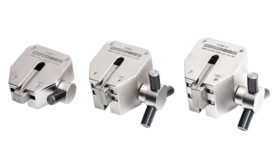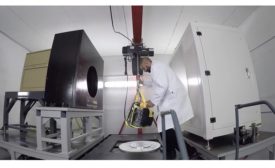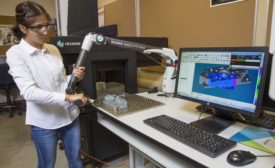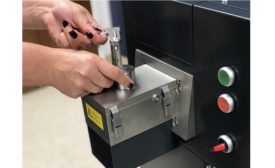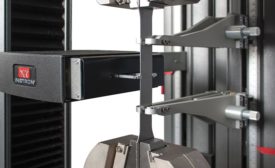Test & Inspection
The Critical Importance of Final Assembly Line Leak-Detection Testing
Finding and fixing leaks at their source is not only crucial for initial vehicle quality, but also for overall product lifecycle quality and longevity.
December 1, 2017
Gage R&R (Repeatability and Reproducibility)
Measurement system analysis can help you improve the quality of your products.
December 1, 2017
5 Common Errors in Tensile Testing
As with any testing, the data is only as good as the test methodology allows.
October 31, 2017
INDUSTRY HEADLINE
VJ Technologies and Datest Partner in West Coast Inspection Services, Showroom and Demonstration Center
October 27, 2017
It’s the Other Stuff that’s the Problem
Sometimes you have to start looking at the less obvious culprits.
October 24, 2017
QUALITY EXCLUSIVE
CT Scanning Steps Towards the Future
High-powered CT scanning allows for better inspection of 3D-printed parts.
October 23, 2017
INDUSTRY HEADLINE
New Metrology Program at Fullerton College to Integrate Romer Absolute Arms and CMMs from Hexagon Manufacturing Intelligence
October 18, 2017
Mechanical Testing of Automotive Materials and Components
Testing the performance of components is critical to many automotive suppliers in a quality control aspect—and hugely important for research and development of new products.
October 10, 2017
Stay in the know with Quality’s comprehensive coverage of
the manufacturing and metrology industries.
eNewsletter | Website | eMagazine
JOIN TODAY!Copyright ©2024. All Rights Reserved BNP Media.
Design, CMS, Hosting & Web Development :: ePublishing


